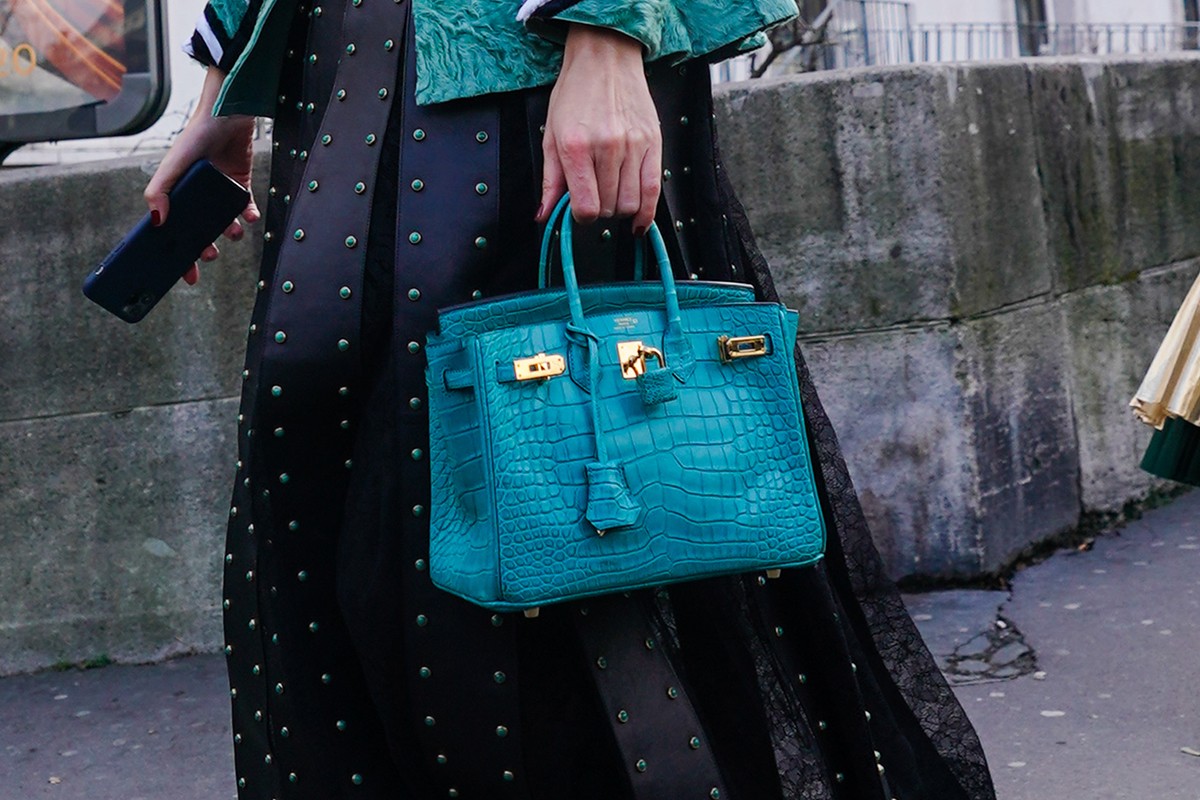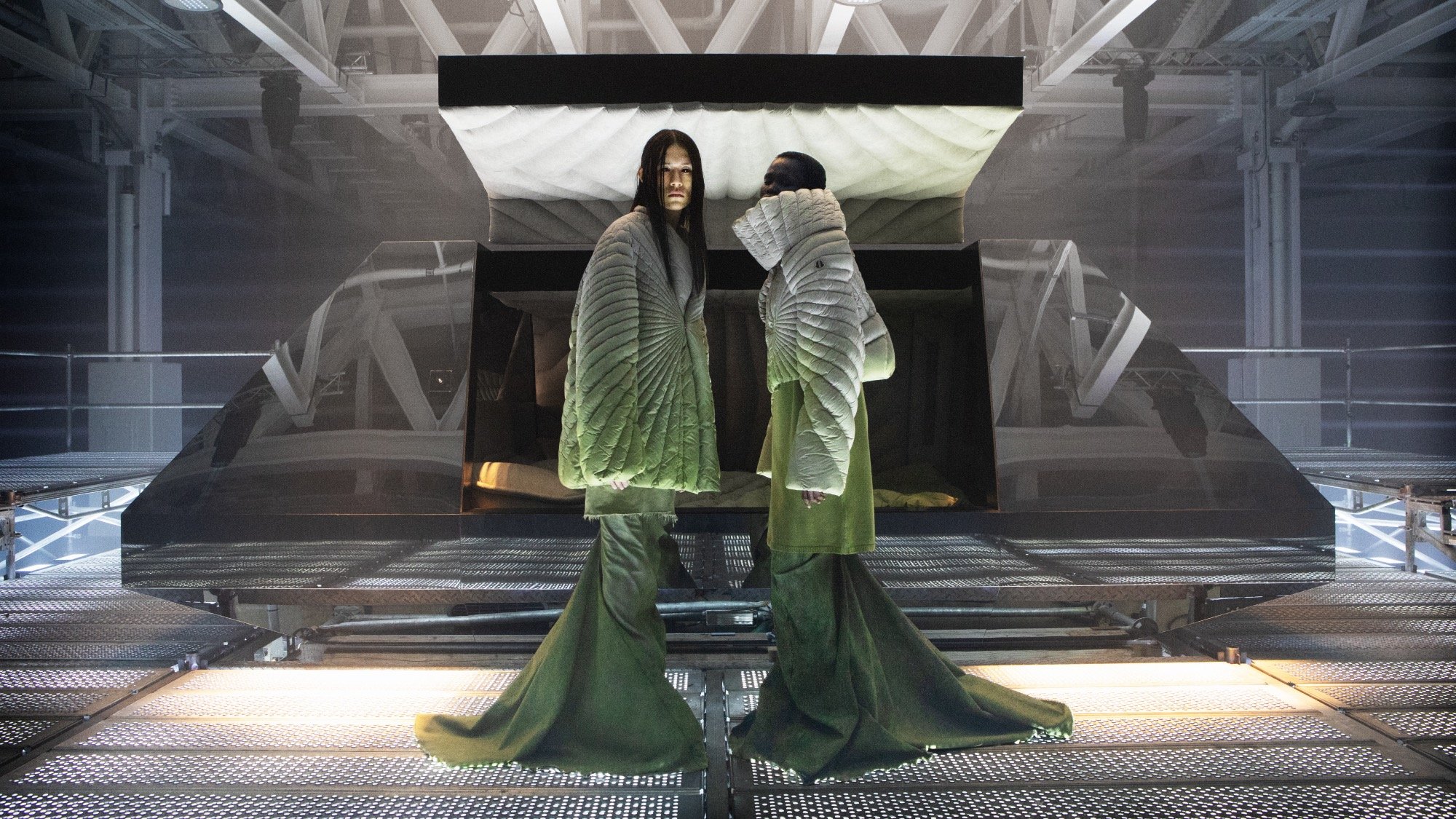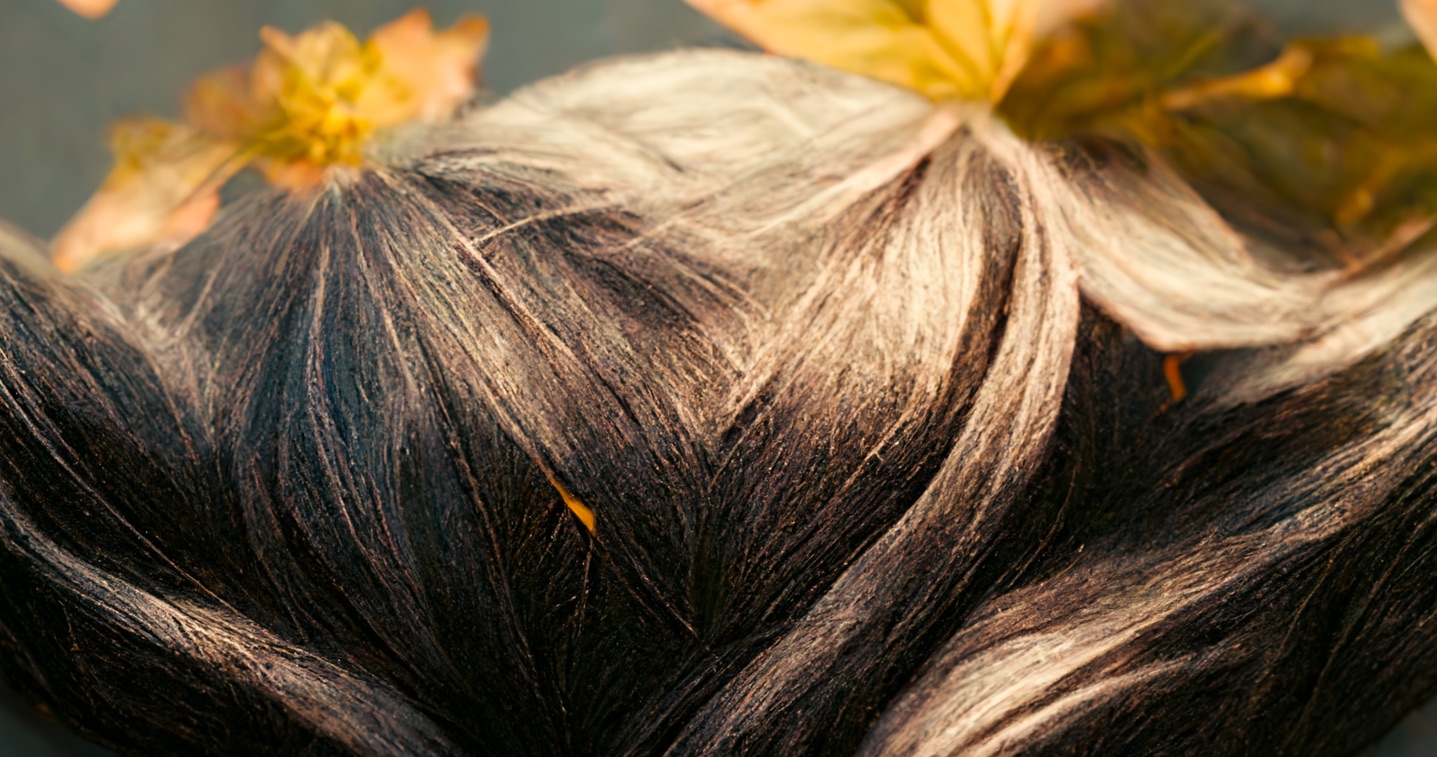The luxury French fashion house, Hermès, is looking into its plans to open a new alligator farm in Australia, to primarily support its production of the staple designer bag, Birkin.
The company’s plans have now been approved by the Australian government and will hire 30 employees, beginning with 4,000 alligators, a number that will eventually increase to a staggering 50,000 while producing 15,000 skins a year, making it the largest farm of its kind in the region.
“Consumers and fashion houses are walking away from animal cruelty as fast as they can. It seems foolish to be investing in an industry that is no longer fashionable,” said Nicola Beynon of the Humane Society International, in support of animal welfare, highlighting that brands such as Chanel, Mulberry, Calvin Klein, and Tommy Hilfiger have all already adopted animal welfare policies against using exotic skins.
Dr. Jed Goodfellow at the RSPCA in Australia also condemned killing any animals “where the purpose of their death is primarily to produce a non-essential luxury item like fur or skin,” and that such intense conditions at an alligator farm would raise a range of risks, “including injuries from close confinement, small individual penning arrangements, and the impacts of restraint and slaughter methods.”
The chair of the International Union for Conservation of Nature’s crocodile specialist group Professor Grahame Webb says, however, that fashion brands like Hermès actually contribute to the conservation efforts in the area. “[Those companies] have to get more and more control over their supply chain so that they can guarantee the highest standards,” he said to the Guardian. “Hermès is a very conservative company – it’s them trying to do the right thing. Australia has an excellent reputation for its crocodile management program worldwide.” Webb also noted that harvesting eggs from the wild was sustainable, and the number of wild saltwater crocodiles is now “healthy and stable.”




